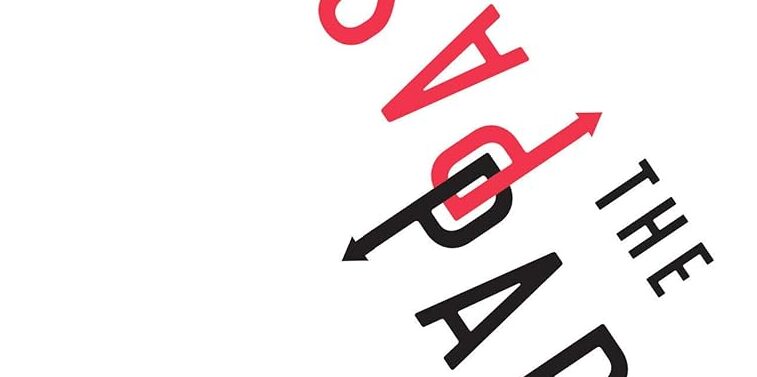Brad Stulberg & Steve Magness – The Passion Paradox (2019)

When you’re under passion’s spell, the reward you think you’re chasing – usually some sort of contentment or satiation – is merely an illusion. We don’t get hooked on the feeling associated with achievement, we get hooked on the feeling associated with the chase.
Talent needs trauma.
One’s drive to pursue activities is not predominantly reliant on external rewards like money, fame, or recognition. Rather, enduring motivation comes from satisfying three basic needs: competency, autonomy, and relatedness.
Hedonic adaptation: we quickly adapt to a state of happiness or contentedness, and it’s not long before we’ll want more. […] Buddha called it suffering.
A goal is a direction, not a destination. […] The long-term pursuit of a passion will inevitably contain both accomplishments and failures, but you must remember that the path of mastery is never-ending.
You don’t define yourself by any single moment in time; you define yourself by an entire body of work in service of ongoing growth and development.
Shedding your fear of failure starts with working to disconnect your sense of self and ego from the external product of your work.
Whatever we channel our attention towards receives a declaration of value, a reinforcing signal that our chosen pursuit is important. And what we deem important is what gets done.
The Buddhist practice of Five Remembrances:
- You are of the nature to grow old;
- You are of the nature to have ill health;
- You are of the nature to die;
- All that is dear to you is of the nature to change; and
- Your actions are your only true belongings, they are the ground upon which you stand.
The story we tell ourselves about ourselves is who we become […] this story is forever unfolding […] nearly all of us can move beyond entrenched past identities to different future ones.
